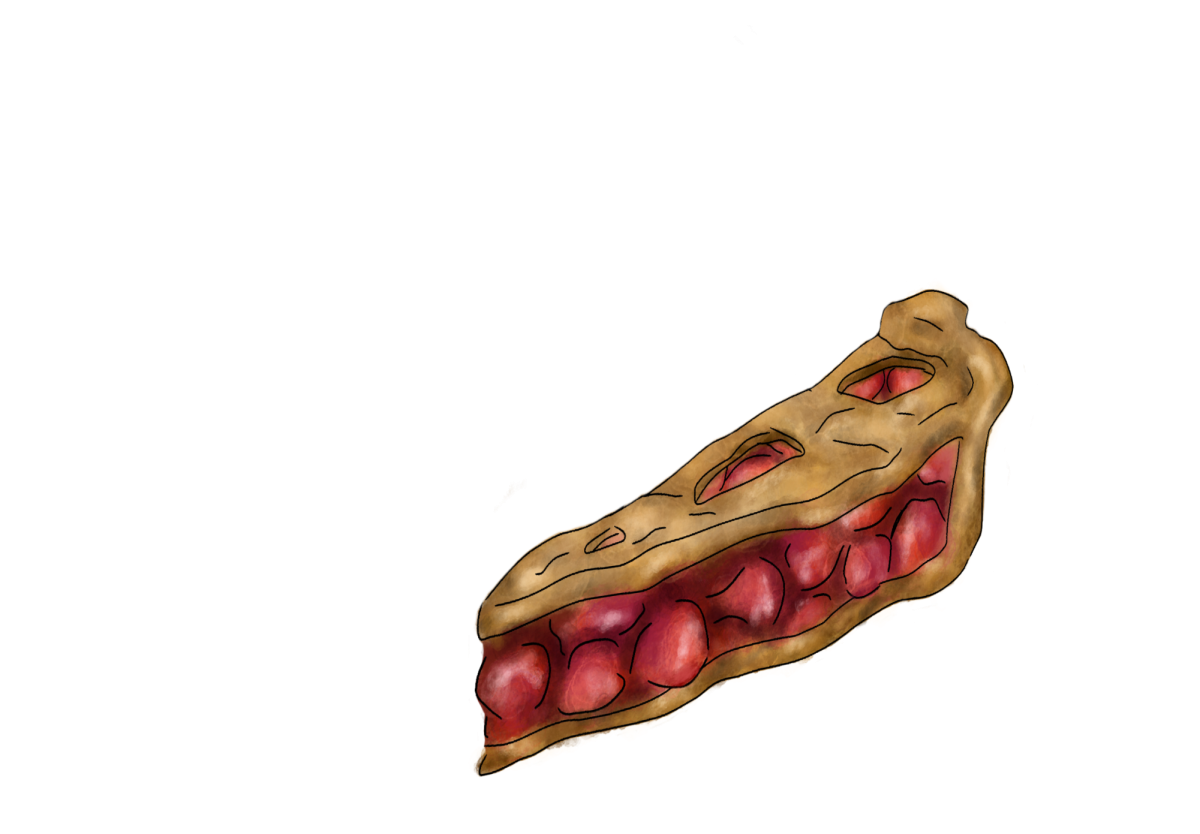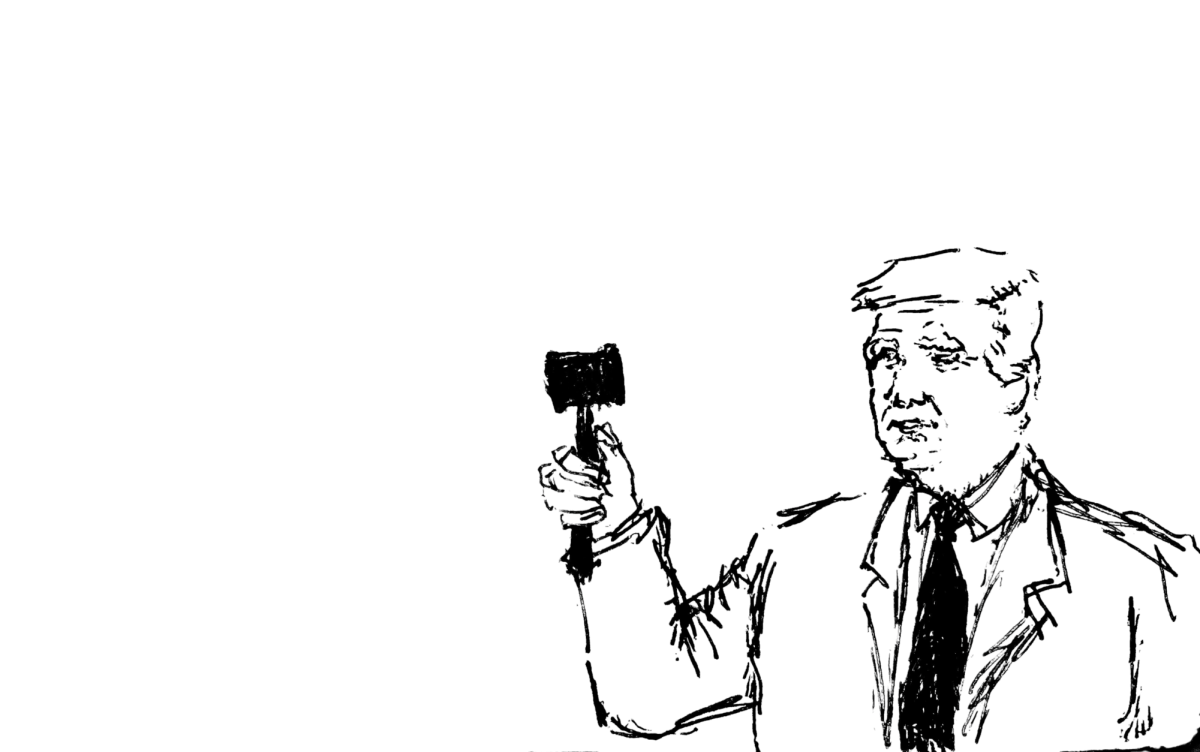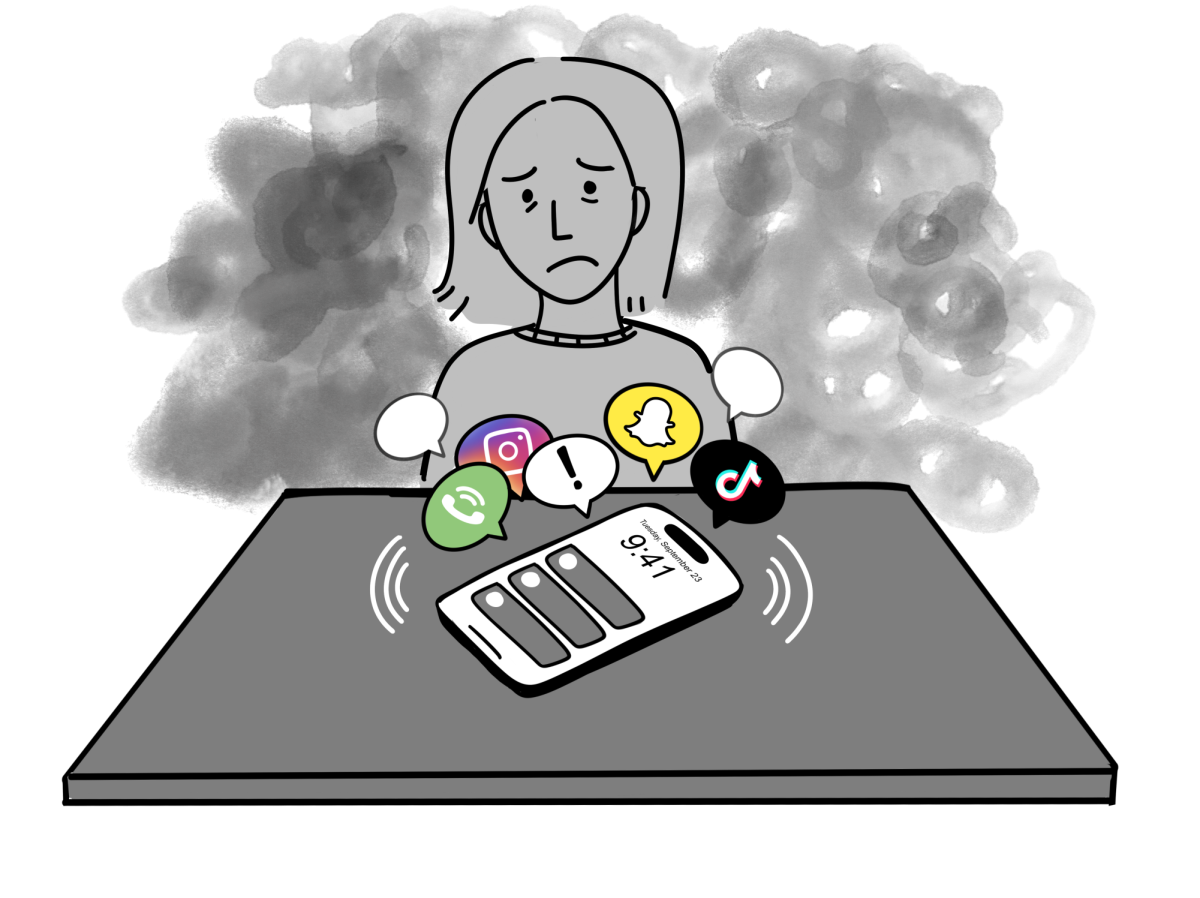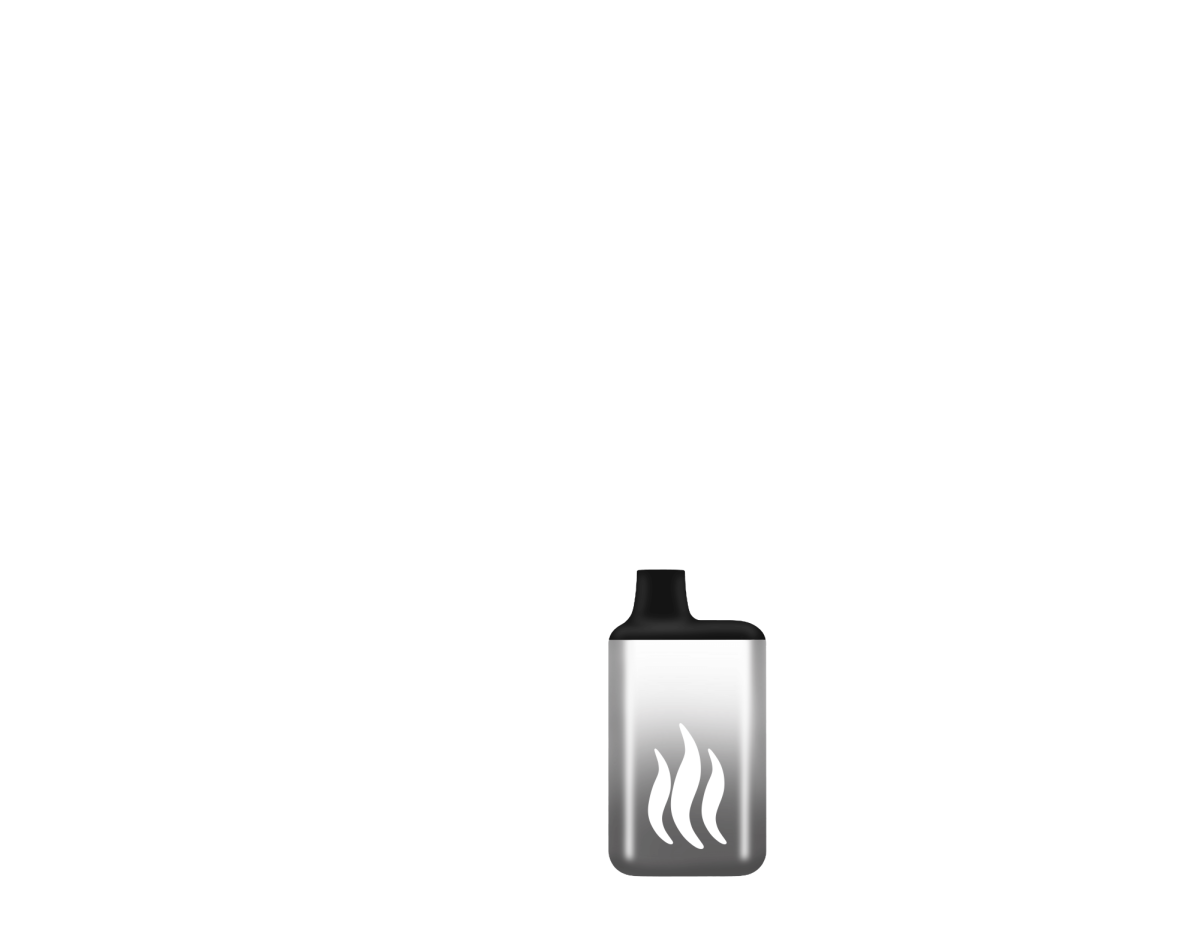In the wake of the 1972 Watergate scandal, in which Richard Nixon’s campaign officials allegedly attempted to sabotage the Democratic party during his re-election campaign, there was a stir as to whether Nixon was liable for such an act. After Nixon’s infamous resignation, the 1982 Supreme Court case Nixon v. Fitzgerald established that presidents were immune from civil lawsuits against their “official acts.”
Nearly four decades later, president immunity remains a hot topic after the Supreme Court’s recent decision to establish “criminal immunity.” Such presents an incredible threat to our democratic system of checks and balances in the wake of Trump’s charges. Our founding fathers established the principle that no one is above the law by crafting a system of checks and balances that benefits the people by ensuring accountability in government, which is undermined by this decision. Americans should certainly be scared; in the wake of president-elect Donald Trump’s criminal charges and rhetoric of revenge, as such a decision could decide the fate of America and democracy.
The idea of presidential immunity has been a long contentious topic in the US. Our founding fathers included no mention of any civil or criminal immunity in the Constitution. It wasn’t until 1982 that the Supreme Court provided civil immunity to presidents acting within the “perimeters” of their duties of office. The recent decision in Trump v. United States now establishes criminal immunity, shielding past presidents from criminal prosecution. Some say that presidential immunity protects leaders from targeted opposition attacks and pointless lawsuits that distract from their duties. However, history has shown that such unchecked immunity invites wrongdoing. During the Watergate scandal, then-president Nixon demonstrated the dangers saying “Well, when the president does it, that means that it is not illegal.” His statement demonstrates the necessity of holding our leaders accountable. How can we expect holders of the highest office in all the land to make the right decisions for us if they will not be held accountable for any wrong-doing?
In the case of Trump, such an inherent level of immunity raises many concerns. Trump has been or is in the process of being indicted on 88 charges, has consistently criticized the results of the 2020 election, refused to partake in a peaceful transition of power, and placed his own narcissistic, self-centered views over the sacred constitutional duty he swore to uphold. Furthermore, Trump has made threats against political opponents and threatened vengeance on those who disagree with him, with NPR explaining that Trump has threatened opponents and suggested punishing media outlets critical of him. Recently, Trump has threatened Congress members like Liz Cheney who were in the congressional committee incharge of investigating January 6th. If Trump chooses to act in accordance with his threats and replicate past behaviors, what will be able to hold him or other future leaders accountable?
The law is founded on the basis that no individual is above it. It is becoming more evident now that there are two tiers of justice in the US: one for normal citizens, and one for our leaders, mimicking the structure of an authoritarian regime. In a hearing regarding Trump’s January 6 immunity claim in the Supreme Court, Justice Sotomayor highlighted the danger of unchecked presidential power by hypothetically questioning whether ordering an assassination of a political rival could fall under ‘official acts.’ But such a threat is far from hypothetical. Trump allegedly incited a mob to storm the Capitol and encouraged government officials to fake election counts. A law allowing such actions to go unchecked presents a serious threat to the fabric of democracy that was so carefully woven by our founding fathers.
The Supreme Court’s decision to affirm criminal immunity for past presidents serves as a direct threat to our democracy and system of checks and balances, especially in the wake of Trump’s conduct. This threatens the balance of power and allows the president to act against the interest of the American people, undermining the rule of law and enabling executive overreaches of power. The framers of the constitution envisioned a society in which the government’s branches could be held responsible for wrongdoing. In accepting the notion that a president cannot be held accountable in court of law, we also accept the unwinding of our democracy.





